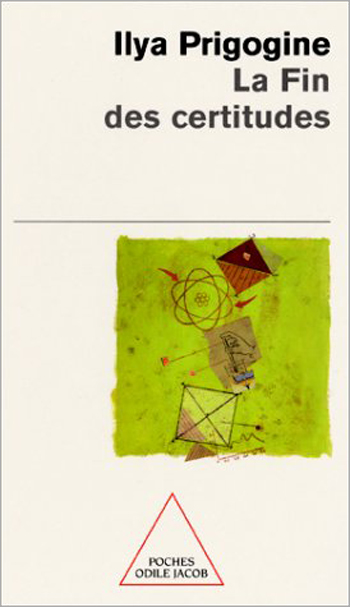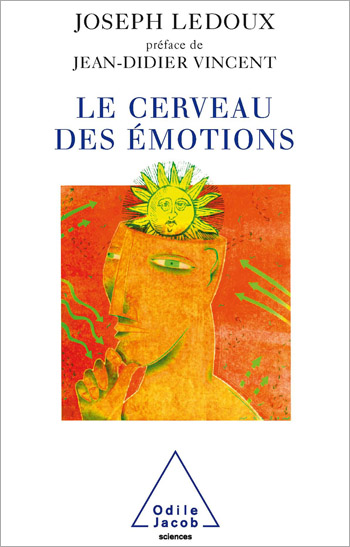Science All books

Ilya Prigogine
The End of Certainties (Coll. Opus)
As we come to the end of the century, the question of the future of science is often posed. I believe we are just at the beginning of a new endeavour. We are witnessing the development of a science which is no longer limited to simplified, idealised situations, but makes us face the complexity of the real world. This new science will allow human creativity to be experienced as the unique expression of a fundamental trait common to all aspects of nature. Ive tried to present this conceptual transformation, which implies the beginning of a new chapter in the fruitful relations between physics and mathematics, in a manner that will be comprehensible and accessible to all readers interested in the evolution of our ideas of nature. We are but at the threshold of a new chapter in the history of our dialogue with nature, writes Ilya Prigogine. Ilya Prigogine, winner of the Nobel Prize for Chemistry, teaches at the Free University of Brussels and at the University of Texas, in Austin.
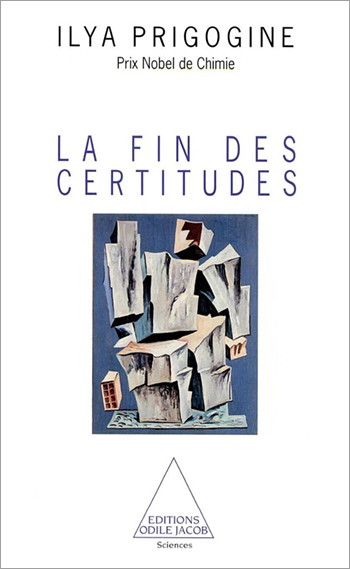
Ilya Prigogine
The End of Certainties
As we come to the end of the century, the question of the future of science is often posed. I believe we are just at the beginning of a new endeavour. We are witnessing the development of a science which is no longer limited to simplified, idealised situations, but makes us face the complexity of the real world. This new science will allow human creativity to be experienced as the unique expression of a fundamental trait common to all aspects of nature. Ive tried to present this conceptual transformation, which implies the beginning of a new chapter in the fruitful relations between physics and mathematics, in a manner that will be comprehensible and accessible to all readers interested in the evolution of our ideas of nature. We are but at the threshold of a new chapter in the history of our dialogue with nature, writes Ilya Prigogine. Ilya Prigogine, winner of the Nobel Prize for Chemistry, teaches at the Free University of Brussels and at the University of Texas, in Austin.
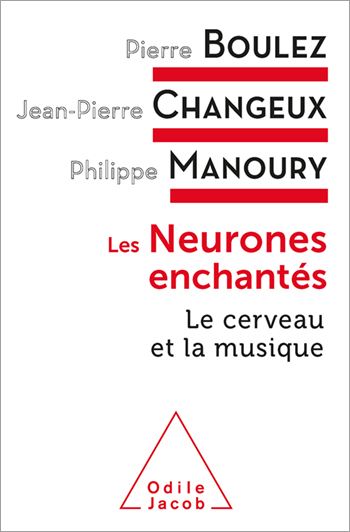
Pierre Boulez, Jean-Pierre Changeux, Philippe Manoury
The Enchanted Neurons The Brain and the Music
A unique event: two major intellectuals of our time discuss the links between the neurosciences and music
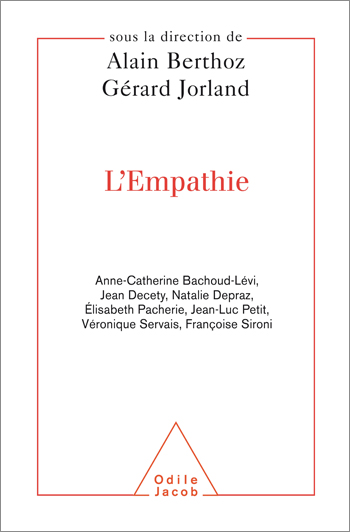
Alain Berthoz, Gérard Jorland
The Empathie
Empathy is the ability to put oneself in the position of others, and thus to understand and know them. Ever since Darwin, empathy has been regarded as the basis of all human social behaviour, and most notably of ethics. Some major psychological disorders - autism, for example - can be described as the inability to empathise. Certain types of perverse behaviour, such as the torture of defenceless victims, have been explained as distortions of empathy. This book offers an overview of studies on empathy for the past 250 years. It also describes the latest research on the subject in a variety of fields: cognitive psychology, philosophy, ethology and ethics. Alain Berthoz is a professor at the Collège de France and a member of the French Academy of Sciences. He is the author of Le Sens du mouvement and La Décison, both published by Editions Odile Jacob. Gérard Jorland is a director of studies at the Ecole des Hautes Etudes en Sciences Sociales and the author of Les Paradoxes du capital (Editions Odile Jacob) and La Science dans la philosophie.
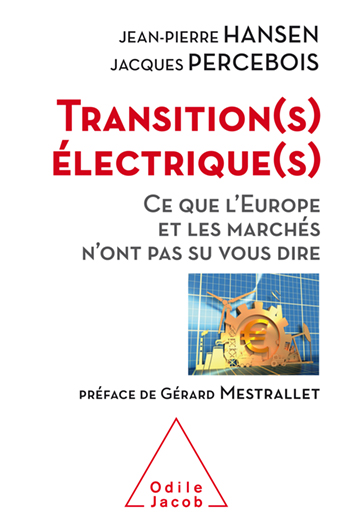
Jean-Pierre Hansen, Jacques Percebois
Electricity in Transition What Europe and the markets couldn’t tell you
The history of electricity as you’ve never heard it before. A genuine mini-guide to economic issues through the example of electricity: price formation, transmission costs, monopolies.
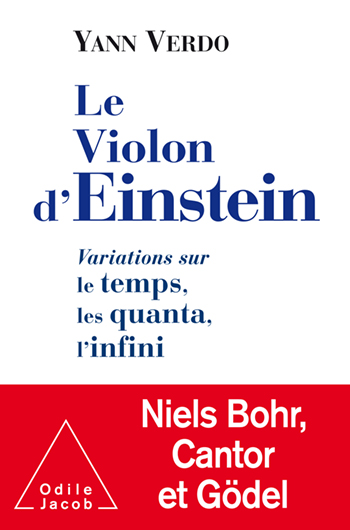
Yann Verdo
Einstein’s Violin Einstein, Niels Bohr, and Gödel
A very original initiation into the mysteries of science, for the “honest man” of the twenty-first century.

